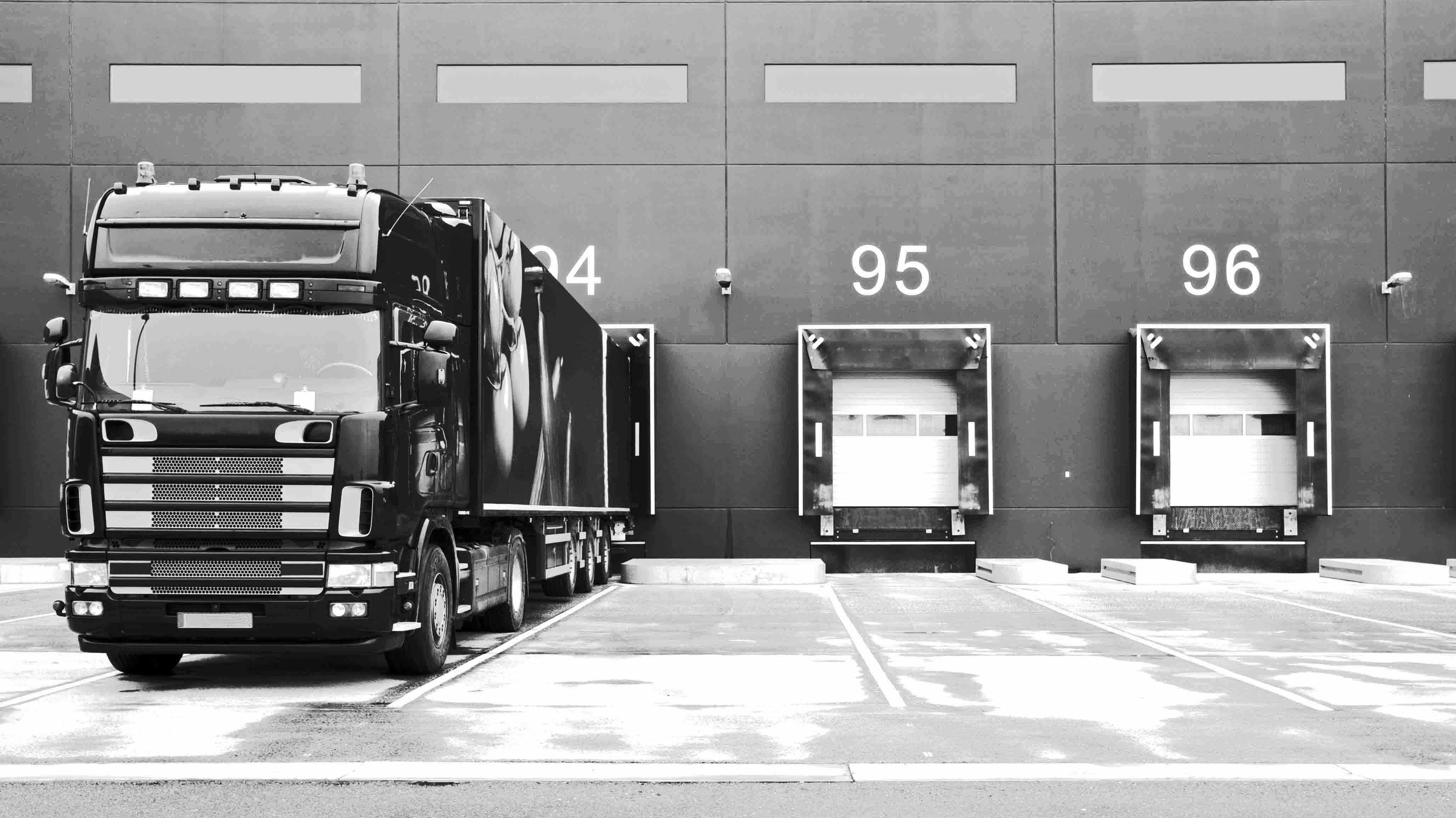Digital transport management (TMS) contributes to more sustainable transport and logistics
Published 31/10/2025

This is how digital transport management, with load planning, route planning and optimization, vehicle data and CO2 emissions reporting can help create more efficient and environmentally friendly transports.
Creating more sustainable transport flows is one of the bigger challenges for today’s logistics companies. With the help of a modern Transport Management System (TMS), businesses can both lower their costs and reduce the environmental impact of their transport activities. Through smart order management, resource optimization, and data-driven decision-making, the transport industry can take major steps towards a more climate friendly future.
Here are some examples of how a TMS like LogiControl can support your sustainability work:
1. Efficient load planning
Order management, load planning, and dispatching are key processes in many ERP systems developed specifically for the transport industry. With digital transport management, you gain a clear overview of all assignments, making it easy to combine consignments and reduce the total distance driven. This frees up resources, lowers transport costs, and reduces the company’s environmental impact.
With LogiControl, load and resource planning is quick and effortless thanks to its drag-and-drop functionality. You can work across multiple views simultaneously and respond rapidly to changes, as communication with drivers takes place in real time through the Mobile app.
2. Route planning and route optimization
In a Transport Management System, route planning and optimization are often carried out automatically. The system suggests the most efficient driving routes, while the dispatcher has a full overview of vehicle movements on the map. This helps reduce unnecessary mileage, which in turn lowers fuel consumption and results in lower carbon emissions. All while making transport operations more punctual and sustainable.
3. Vehicle data and resource control
By monitoring vehicle data in real time, companies can gain full insight into how their fleet is performing. In many cases, system integration is required for the Transport Management System to retrieve vehicle data. Once connected, the transport company can analyze which vehicles are the most fuel-efficient, schedule maintenance on time, and determine when it’s time to invest in new vehicles. This leads to more sustainable use of resources and greater operational reliability throughout the transport operations.
4. CO2 emission reports and data-driven decisions
All transport-related data entered into the transport management system can be used to generate comprehensive CO2 emission reports and analyses. These sustainability reports provide the company with valuable insights to identify inefficiencies, compare key performance indicators, and track progress toward climate goals. In this way, it becomes easier to make strategic decisions that strengthen both profitability and sustainability.
Summary
By using a TMS, transport companies can more easily meet their customers’ growing demands for sustainable transport. Efficient planning, better control over resources, and real-time data help reduce the company’s environmental impact.
Do you want to learn more about LogiControl and digital transport planning?
Book a demo!
Related articles
Visiting address
| Yrittäjäntie 7 | |
|---|---|
| 65610 MUSTASAARI FINLAND +358 (0)6 322 6100 |
Support
| Working days (8.00 am – 4.00 pm) | |
|---|---|
| +358(0)6 322 6100 support@logicontrol.fi |




